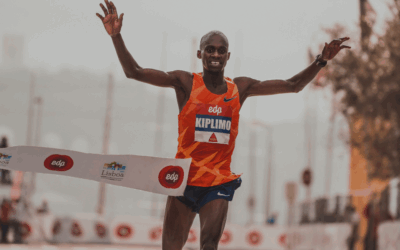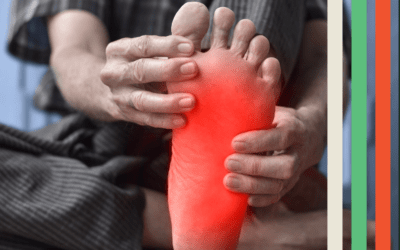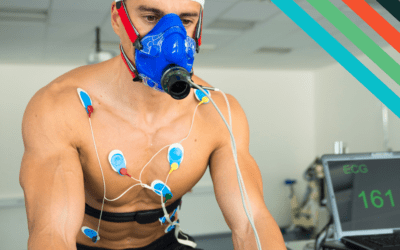My parents tell me that I could ski before I could walk and that trying to keep up with my big brother in all his activities was how I got into the world of sport. Being involved in sport for as long as I can remember also means a history of spending a lot of time with coaches who often became second parents to me. Not all coaches left a special mark on my life, but a lot of them did. Fast forward a decade or two and I’m in a world of elite rowing fighting my way to pre-Olympic selections. Though I’m still a hyperactive kid on the inside, just trying to keep up with my idols, a lot has changed. My relationship with my coaches in my training environment has become fearful as they dominate over my life and hold a lot of my well-being in their hands. In a sports federation with blurred lines, I feel out of control of the outcome of my career and most other parts of my life. If friends invite me to something at the same time when we have a training scheduled I’m afraid to ask my coach and tell them I can’t go. Visiting my family over national holidays becomes a missed training opportunity, that if I take will make my coaches think I’m not serious about my goals. The sport lords over my life, more specifically my coach does. Looking back now, I don’t hesitate to call the relationship toxic. When I see photos of myself then, I see a really good rower in her physical prime but totally unfree. Now, a few years out of my elite career, when it came time to prepare for an intimidating cycling event, I thought about getting a coach but honestly, I hesitated. Riding my bike has become a vehicle towards freedom and exploration, did I really want a coach to lord over my life again?
My nervousness for the event overcame my hesitation and I started working with Rick @ Vital Strength and Physiology, my long term go-to experts for basically everything. Two days after starting with Rick I came down with COVID. Having Rick by my side to help me monitor my symptoms and keep me patient on my return to sport has been absolutely crucial to getting me back on the bike. Rick helps me put my health and well-being first, which is honestly something we as athletes often have a hard time doing for ourselves.
Now here’s the part where I could talk about how great it is to have some structure to my cycling through the winter days that are notoriously low on motivation, or someone who gives a shit and gives me feedback about my paragraph long post workout comments. But that’s not what I’m writing this for.
Looking at my schedule for next week I noticed I had intervals scheduled on a day where I just told a friend we could go skiing. I panicked, reliving moments from my career where I feared having to tell my coach something else was more important to me than the session because I worried he would think it meant I’m not invested in my goals.
I decided to adjust my availability on TP and this is what I wrote:


“I’m here to move things around and make it work for you.”
Wuah. What a weight off my unnecessarily over-tensed shoulders. It seems small but this was a releasing moment of “oh yeah this is what a coach is supposed to do”. I spent so long in a toxic coach environment that I forgot what it was like for a coach to trust that you are committed to your goals regardless of your additional commitments and is invested in helping you find a way to achieve your goals together with all the other things in your life, not in spite of it.
Maybe you’ve never spent time in sport before this, maybe you’ve had only positive coach experiences and feel like you can’t relate. Regardless of your circumstances, having a coach is like doing yourself a favor or paying it forward for yourself. It’s acknowledging that you have things that you want to improve on, things you need to juggle and you’re proactively backing yourself up for all of it. Will I be successful with my training goals? Maybe, maybe not, I hope I can improve but it actually doesn’t really matter to me, what matters is having someone to invest in me, with me. Asking if a coach is worth it is like asking, AM I WORTH IT? And there’s only one answer to that, yes, yes you are.



